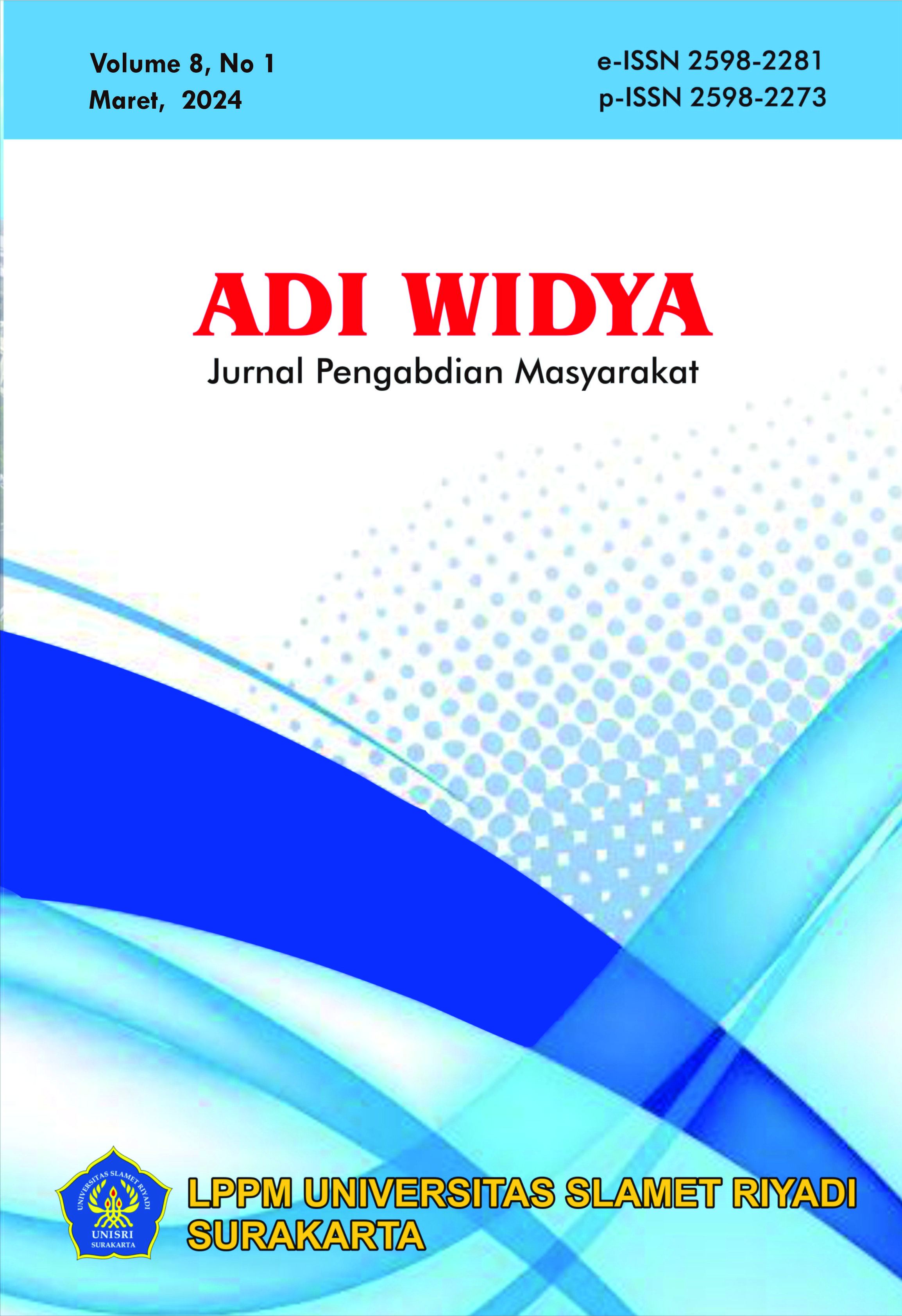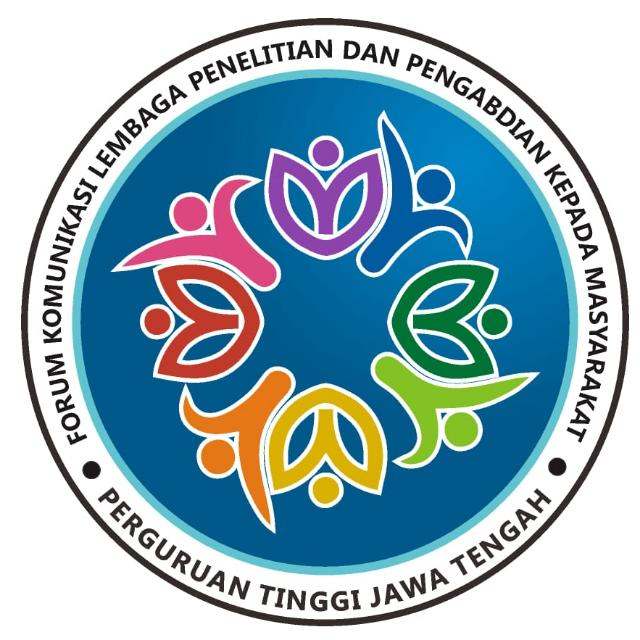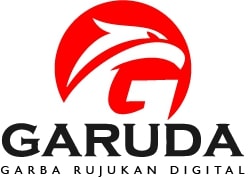Pemantapan Kemampuan Berbicara Bahasa Jepang Bagi Peserta Magang LPK Indonesia Nippon Anugerah Berbasis Aplikasi Praktek Percakapan Bahasa Jepang
DOI:
https://doi.org/10.33061/awpm.v8i1.9887Abstract
Japanese language skills are a mandatory requirement for Indonesian interns who will work in Japan. Based on interviews with the leadership of LPK INNA (Indonesia Nippon Anugerah) Padang, it is known that the average intern who goes to Japan has Japanese language skills at N4 level or at least N5. At this level, students can read hiragana, katakana and basic kanji, they are can listen and take in information that is spoken slowly. However, interns are still hampered in communicating spontaneously, they are not fluent and stammer in carrying out conversations. In this PKM, training will be given to strengthen Japanese speaking skills to interns at LPK INNA through the Japanese Conversation Practice application. This training aims to: provide an understanding of Japanese culture related to communication and work ethic, practice carrying out daily Japanese conversations, introduce the use of the Japanese Conversation application as a medium for independent practice. The transmission of science and technology uses the SAVI method
Downloads

Downloads
Published
How to Cite
Issue
Section
License
Copyright (c) 2024 Damai yani, Elsa Rahmayanti, Dwi Mutia Sari

This work is licensed under a Creative Commons Attribution-NonCommercial-ShareAlike 4.0 International License.
- Hak publikasi atas semua materi informasi yang tercantum dalam situs jurnal ini dipegang oleh dewan redaksi/editor dengan sepengetahuan penulis. Pengelola Jurnal akan menjunjung tinggi hak moral penulis.
- Aspek legal formal terhadap akses setiap informasi dan artikel yang tercantum dalam situs jurnal ini mengacu pada ketentuan lisensi Creative Commons Atribusi-NonCommercial-No Derivative (CC BY-NC-ND), yang berarti bahwa hanya dengan izin penulis, informasi dan artikel Jurnal PKM dapat didistribusikan ke pihak lain dengan tanpa merubah bentuk aslinya untuk tujuan non-komersial.
- Setiap terbitan Jurnal PKM, baik cetak maupun elektronik, bersifat open access untuk tujuan pendidikan, penelitian, dan perpustakaan. Di luar tujuan tersebut, penerbit atau pengelola jurnal tidak bertanggung jawab atas terjadinya pelanggaran hak cipta yang dilakukan oleh pembaca atau pengakses.











